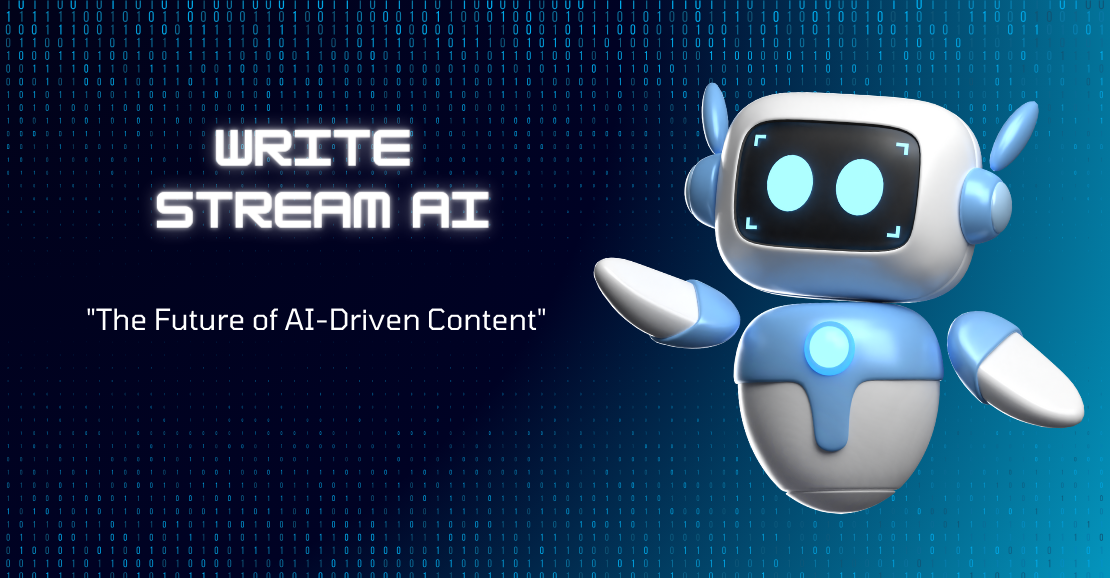In recent years, the rise of artificial intelligence (AI) has revolutionized various industries, including content creation and distribution. With the ability to analyze data, recognize patterns, and learn from its experiences, AI has paved the way for a new era of content creation - one that is more efficient, personalized, and engaging. As we continue to push the boundaries of what AI can do, the future of AI-driven content appears to be brighter than ever.
One of the most significant impacts of AI on content creation is its ability to streamline processes and improve efficiency. Today, AI-powered tools such as natural language processing (NLP) and machine learning algorithms can automate many tasks that were previously done manually. These tools can generate content ideas, write articles, and even proofread and edit content. With AI taking over these time-consuming tasks, content creators can focus on more high-value tasks such as strategy and creativity, leading to a more efficient and productive workflow.
In addition to increasing efficiency, AI-driven content is also highly personalized. With the help of AI, content can be tailored to the specific needs and preferences of the target audience. By analyzing user data, AI can determine what type of content a particular user is most likely to engage with and deliver customized content accordingly. This level of personalization not only improves the user experience but also has a significant impact on conversion rates and brand loyalty.
Furthermore, AI can also optimize content for different platforms and devices, ensuring that the content is displayed in the best possible way. For example, AI can automatically format content for mobile devices, making it easier to read and engage with for users on the go. This level of optimization helps content creators reach a broader audience and improve the overall user experience.
Another significant aspect of AI-driven content is its ability to continuously learn and adapt. As AI-powered tools are exposed to more data and user feedback, they can continuously improve and refine their content creation capabilities. This means that as the technology evolves, so will the quality of AI-generated content. We can expect AI-driven content to become more human-like and indistinguishable from content created by humans in the near future.
However, some may argue that AI-driven content lacks a human touch and may not be as creative or authentic as content created by humans. While it is true that AI cannot replicate human emotions, it can simulate them to a certain extent. For example, AI can generate tone and voice variations to match different content styles, making it difficult to distinguish between AI-generated and human-created content. Moreover, with the advancement of AI, it is only a matter of time before it can replicate human emotions and creativity to a significant level.
In conclusion, the future of AI-driven content is full of potentials and possibilities. With the increasing demand for personalized and efficient content, the role of AI in content creation is only going to expand. It is crucial for content creators and businesses to embrace the use of AI-powered tools and stay updated with the latest developments in this field. By leveraging AI, content creators can stay ahead of the competition and deliver high-quality, personalized content that resonates with their target audience. The future is bright for AI-driven content, and it is undoubtedly a game-changer in the world of content creation.























Write your comment
Cancel Reply